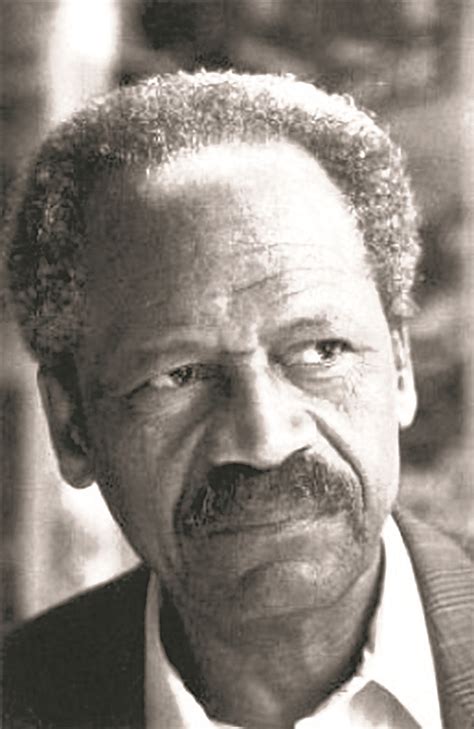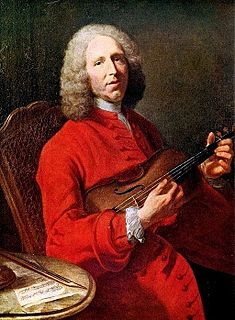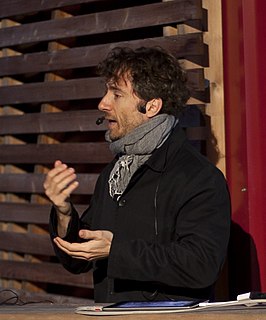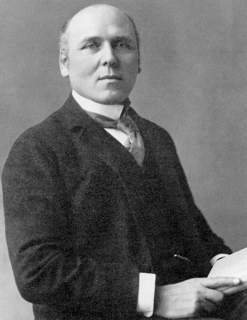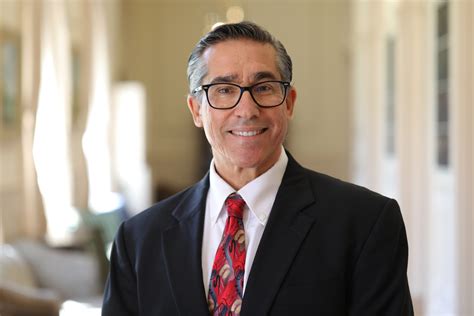A Quote by James Emanuel
For me, the promised land, always seeming just beyond my reach, is the poetic masterpiece, that perfect union of words in cadence, each beckoned and shined and breathed into place, each moving in well-tried harmony of tone and texture and meaning with its neighbors, molding an almost living being so faithful to observable truth, so expressive of the mass of humanity and so aglow with the beauty of just proportions that the reader feels a chill in his legs or a catch in his throat.
Quote Topics
Almost
Always
Beauty
Being
Beyond
Cadence
Catch
Chill
Each
Expressive
Faithful
Feels
Harmony
His
Humanity
Just
Just Be
Land
Legs
Living
Mass
Masterpiece
Me
Meaning
Molding
Moving
Moving In
Neighbors
Observable
Perfect
Place
Poetic
Promised
Promised Land
Proportions
Reach
Reader
Seeming
Texture
Throat
Tone
Tried
Truth
Union
Well
Words
Related Quotes
Why all this insistence on the senses? Because in order to convince your reader that he is THERE, you must assault each of his senses, in turn, with color, sound, taste, and texture. If your reader feels the sun on his flesh, the wind fluttering his shirt sleeves, half your fight is won. The most improbable tales can be made believable, if your reader, through his senses, feels certain that he stands at the middle of events. He cannot refuse, then, to participate. The logic of events always gives way to the logic of the senses.
The American city should be a collection of communities where every member has a right to belong. It should be a place where every man feels safe on his streets and in the house of his friends. It should be a place where each individual's dignity and self-respect is strengthened by the respect and affection of his neighbors. It should be a place where each of us can find the satisfaction and warmth which comes from being a member of the community of man. This is what man sought at the dawn of civilization. It is what we seek today.
I want each poem to be ambiguous enough that its meaning can shift, depending on the reader's own frame of reference, and depending on the reader's mood. That's why negative capability matters; if the poet stops short of fully controlling each poem's meaning, the reader can make the poem his or her own.
Words.” His tone sharpened. “I shared my house, my bed, and my blood with you, as well as offered you a place in my life forever. What are words compared to that?” I sighed, my anger dissipating as quickly as his flames had. “Oh, Vlad, if you believed that, you would’ve told me what I wanted to hear to just appease me. You didn’t, which proves saying ‘I love you’ means more to you than everything else.
It is easier for the reader to judge, by a thousand times, than for the writer to invent. The writer must summon his Idea out of nowhere, and his characters out of nothing, and catch words as they fly, and nail them to the page. The reader has something to go by and somewhere to start from, given to him freely and with great generosity by the writer. And still the reader feels free to find fault.
Books are frozen voices, in the same way that musical scores are frozen music. The score is a way of transmitting the music to someone who can play it, releasing it into the air where it can once more be heard. And the black alphabet marks on the page represent words that were once spoken, if only in the writer's head. They lie there inert until a reader comes along and transforms the letters into living sounds. The reader is the musician of the book: each reader may read the same text, just as each violinist plays the same piece, but each interpretation is different.
The greatest thing you can do for another being is to provide the unconditional love that comes from making contact with that place in them that is beyond conditions, which is just pure consciousness, pure essence. That is, once we acknowledge each other as existing, just being here, just being, then each of us is free to change optimally. If I can just love you because here we are, then you are free to grow as you need to grow.
J. Budziszewski is perhaps the clearest and most eloquent natural lawyer writing today. When reading his works I often find myself amazed by his insights and wondering, 'Why didn’t I think of that?' And then it dawns on me, 'That's what C. S. Lewis and G. K. Chesterton do to me as well.' The Line Through the Heart is another destination in J. Budziszewski's philosophical quest to lead his readers to the promised land of the good, the true, and the beautiful, to guide us to that place where we have always been but can't seem to find.
Human life is not some sort of race or game in which each person should start from an identical mark. It is an attempt by each man to be as happy as possible. And each person could not begin from the same point, for the world has not just come into being; it is diverse and infinitely varied in its parts. The mere fact that one individual is necessarily born in a different place from someone else immediately insures that his inherited opportunity cannot be the same as his neighbor's.
We need each other to do things that we can't do for ourselves. If we are intimately connected with each other, we just give things to each other; if we don't know each other we find another way to handle it. If you think about it, each according to his or her abilities and each according to his or her needs is sort of the same thing as supply and demand.
